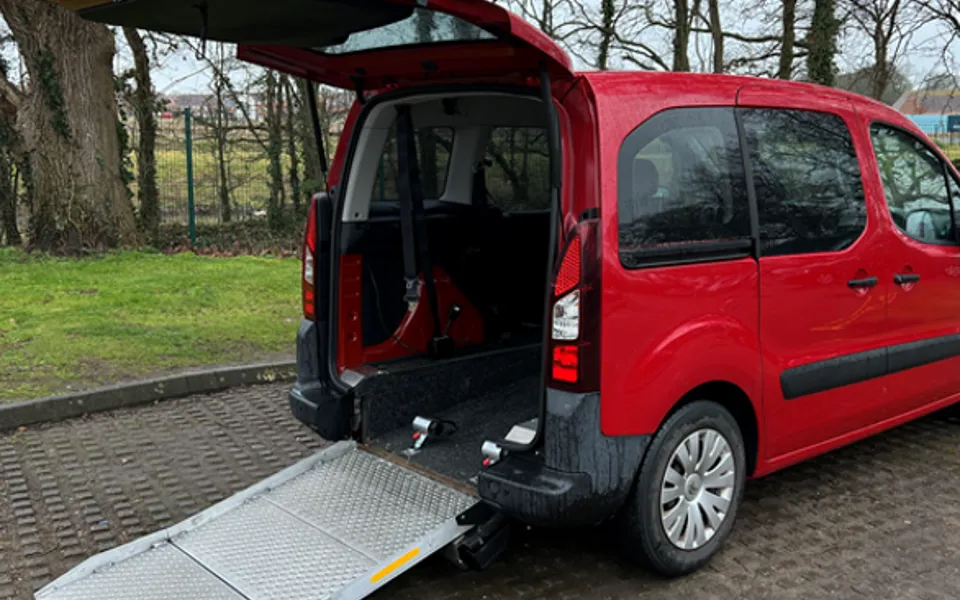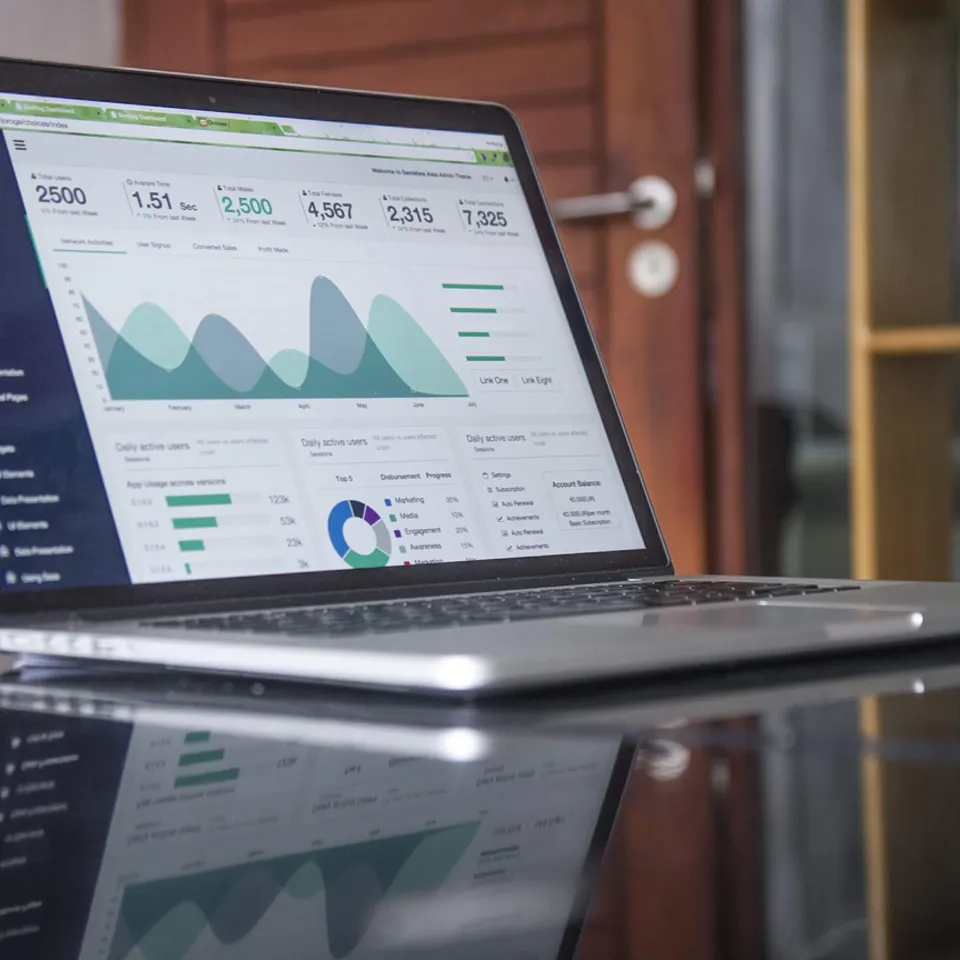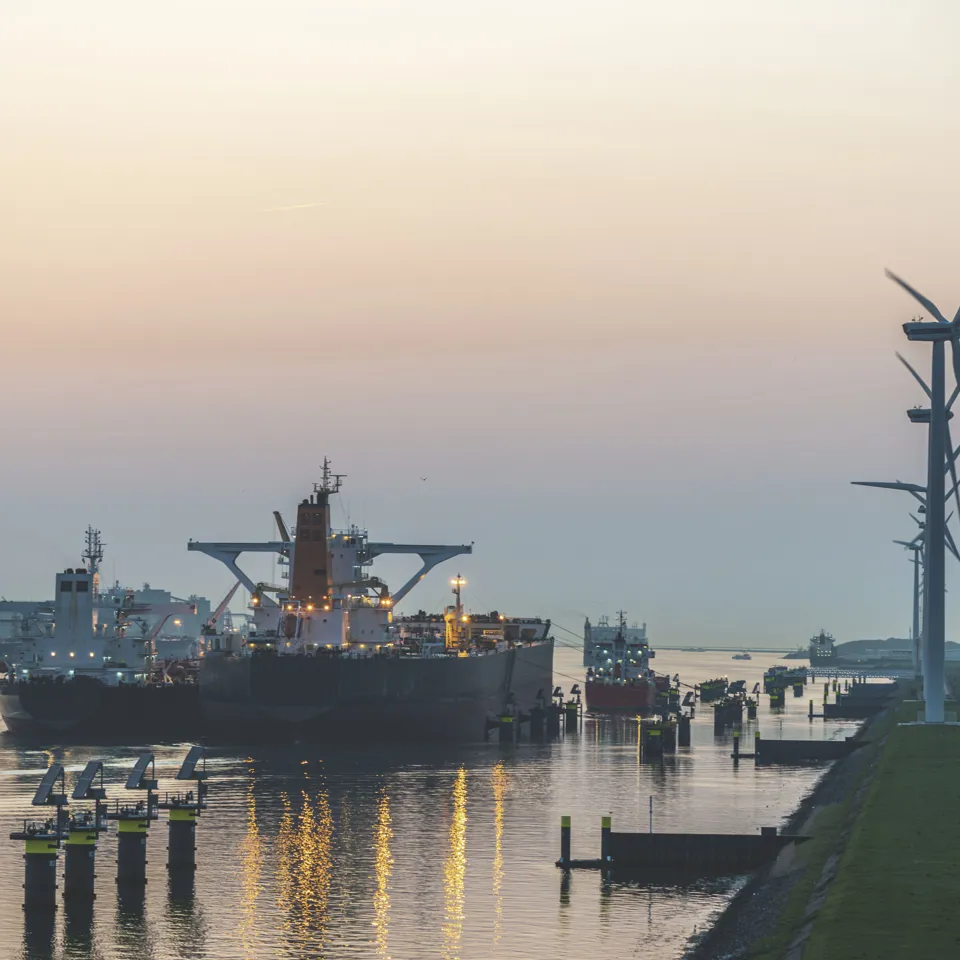Economic and environmental analysis
Supporting environmental policy and investment with robust data and modelling
Our global, multi-disciplinary teams of engineers, economists and scientists provide the robust and reliable evidence required by policy makers to respond to challenges such as emissions reduction targets, regulatory and pricing instruments, supply chain decarbonisation, e-mobility networks, and future synthetic fuels.
In the course of our work, we will use a combination of quantitative and qualitative methods, including cost-benefit analysis, input-output modelling and cost-effectiveness analysis.
All approaches are tailored to the policy issues of concern and frequently involve the development of bespoke modelling solutions.

Projects

UK Sustainable Aviation Fuels Clearing House
Read project
VERA - Reducing emissions of modern in-use vehicle technologies through retrofits
Read project
Nationally Determined Contributions - NDC Navigator 3.0
Read projectImpactful economic analysis and climate finance
Cost-benefit analysis tool - providing the UK's Environment Agency a cost-benefit analysis tool and an associated guidance document to assess derogations requests under the Industrial Emissions Directive. Click here to view the tool.
Formulation of Sectoral Studies (Electricity, Fuel, Industry and Agriculture) and Proposition of Design Options for Carbon Pricing Instruments in Brazil - Assessment of Carbon Pricing instruments – Carbon Taxes or Emissions Trading Systems – which should be implemented in the sectors in Brazil.
Review of the costs and benefits of the Northern Ireland Executive’s 40% Renewable Electricity Target. Click here to view the report.
Green Incentives for Climate Competitive Industries : A Practitioner’s Handbook - Our experts supported the World Bank with the development of a handbook to provide instruction on the design and implementation of incentives for resource-efficiency purposes. Click here to view the handbook.
Study on the Deployment of C-ITS in Europe: Summary Report -This study supports the development of this shared vision and a common deployment strategy, principally by carrying out an analysis of the costs and benefits that different deployment scenarios could deliver. Click here to view the report.
We use a wide range of qualitative and quantitative approaches in our analyses, underpinned by a sound understanding of transport technologies and fuels (drawing on Ricardo’s wider engineering expertise), practical considerations and the policy context to help both policymakers and businesses in the transport industry explore the environmental, economic and feasibility implications of new and emerging business models.

Economic and environmental analysis Resources
















